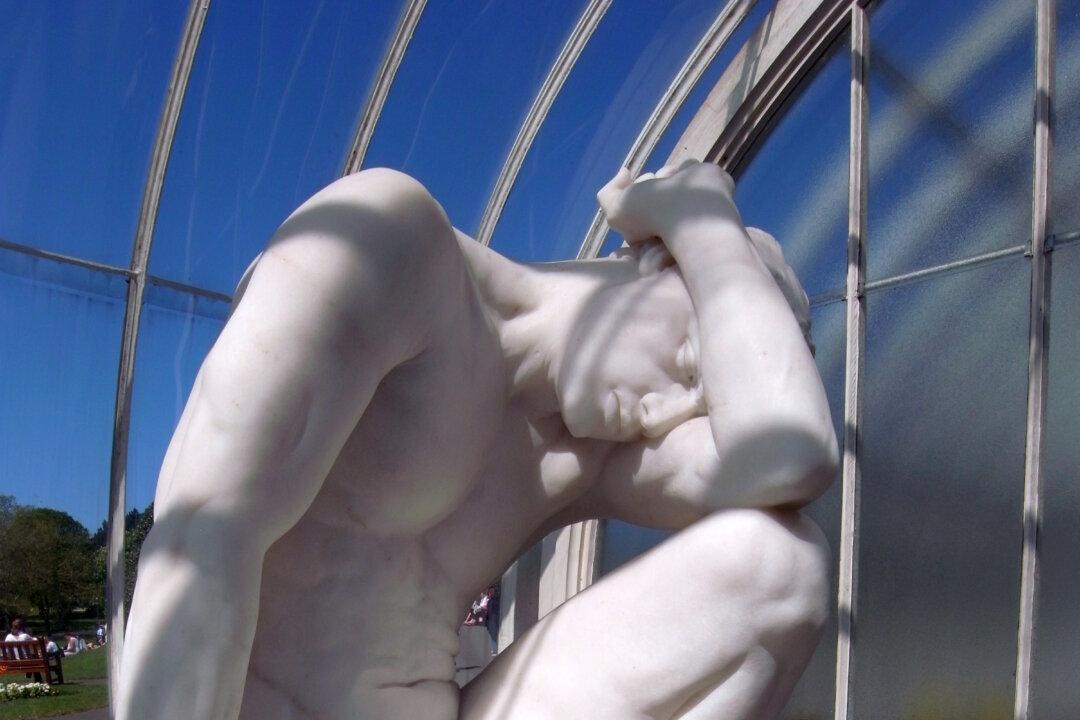William Blake, in his poem “Auguries of Innocence,” wrote:
Some are born to sweet delight And some are born to endless night
And there you have it, the inscrutable mystery that has perplexed humanity since its inception: Why is it that some are saved and some are damned? How can that be fair? And to be clear, this is not a specifically Christian issue. All orthodox religions (though some cults try to evade it) past and present advocate the idea that at the point of death, a judgment and then a separation occurs which has everlasting consequences. The ancient Egyptians believed it, and even modern Buddhists do in the sense that reincarnation occurs. What is reincarnation but a source of pain and, therefore, of punishment? But in our modern era, if one believes in an afterlife at all—and the immortality of the soul—what especially rankles is the “unfairness” of this situation: God couldn’t possibly—and how could we believe in a god who—condemns people to hell.There is a profound sense in this of binary opposition—a positive life versus a negative life. But what does a positive or a negative life mean or look like? Well, we have clues in the archetypal story about this polarity of good boy and bad boy in the Bible’s account of Cain and Abel.






